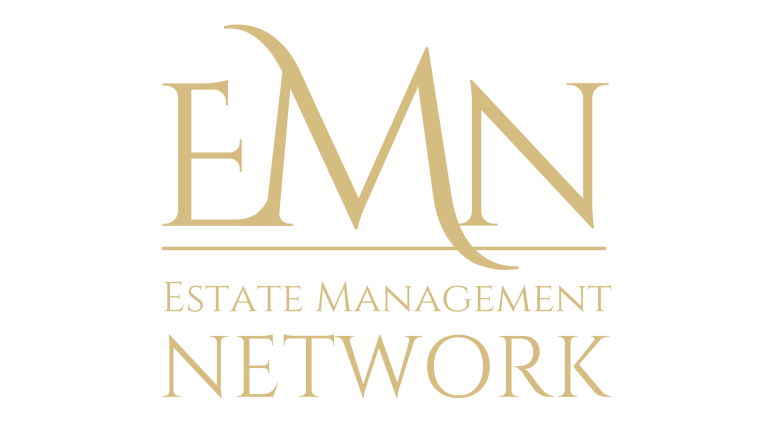Recent headlines revealed that Jeffrey Epsteins’s House Manager and Staff had been instructed, and bound by non-disclosure agreements, to share nothing of the activities going on in the home. The news brought the topic of NDA’s to the forefront of conversation.
Beginning January 1, 2022, California’s new bill, SB-331, prohibits NDA’s from hindering the reporting of all alleged claims of workplace harassment, discrimination, or retaliation, including those based on race, religious creed, color, national origin, ancestry, physical disability, mental disability, medical condition, genetic information, marital status, sex, gender, gender identity, gender expression, age, sexual orientation or veteran or military status.
SB-331 includes several updated provisions to previous NDA legislation:
- Right to Consult an Attorney: An employer offering a current or former employee a settlement agreement related to the employee’s employment shall notify the employee that the employee has a right to consult an attorney.
- Five-Day Period to Consider Agreement: An employer must provide the employee five business days to consider the agreement, though an employee may sign the agreement prior to the end of this time period, as long as the employee’s decision to accept such shortening of time is “knowing and voluntary and is not induced by the employer through fraud, misrepresentation, or a threat to withdraw or alter the offer prior to the expiration of the reasonable time period, or by providing different terms to employees who sign such an agreement prior to the expiration of such time period.”
- Non-Disparagement Provisions: Employers may continue to use non-disparagement provisions as a condition of employment or in settlement agreements. However, a non-disparagement provision that restricts an employee’s ability to disclose information related to conditions in the workplace must include the following language: “Nothing in this agreement prevents you from discussing or disclosing information about unlawful acts in the workplace, such as harassment or discrimination or any other conduct that you have reason to believe is unlawful.”
- Exemptions: SB-331 does not apply where a “negotiated settlement agreement” that resolves an underlying claim that has been filed by an employee in court, before an administrative agency, in an alternative dispute resolution forum, or through an employer’s internal complaint process, provided that “the employee is given notice and opportunity to retain an attorney or is represented by an attorney.” Thus, there are still instances where employers can utilize NDAs in settlement agreements.
SB-331 also offers several clarifications as well:
- Settlement agreements may include “a general release or waiver of all claims”;
- An employer is not prohibited from protecting its “trade secrets, proprietary information, or confidential information that does not involve unlawful acts in the workplace”;
- Settlement agreements may require that the amount paid in severance be confidential.
In the past ‘so goes California, so goes the nation’ has been the rule in regard to legislation. In this volatile political environment, that may no longer be the case. To ensure that every state put similar legislation in place, we each need to take time to write our representatives to encourage them to introduce bills that will protect the employee as much, if not more so than the employer.










